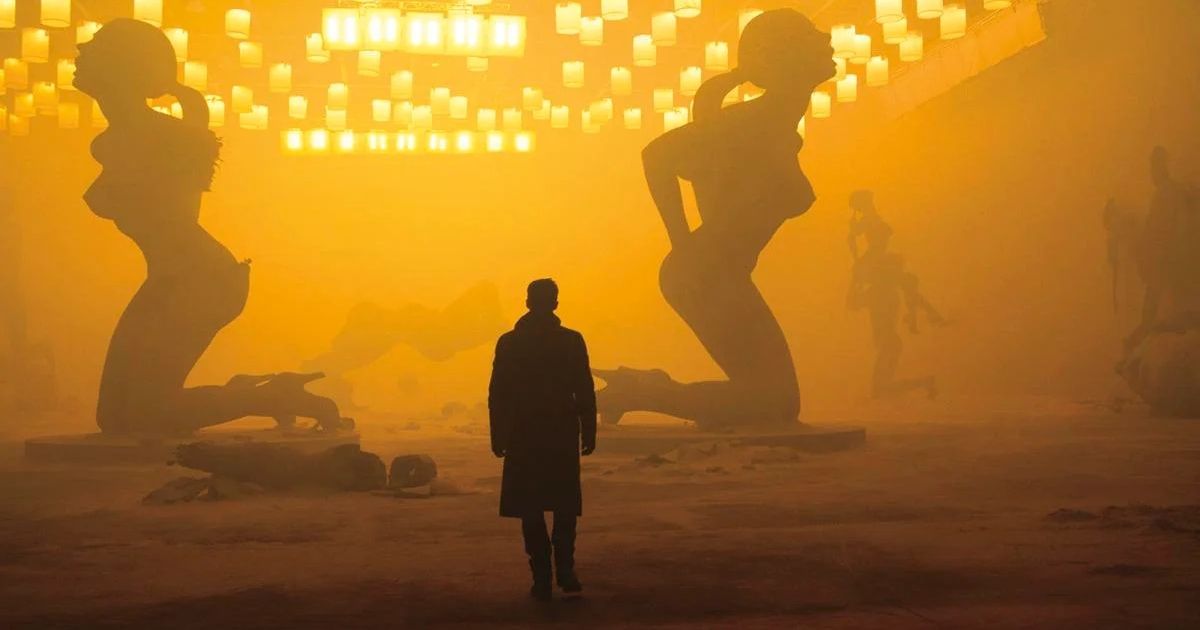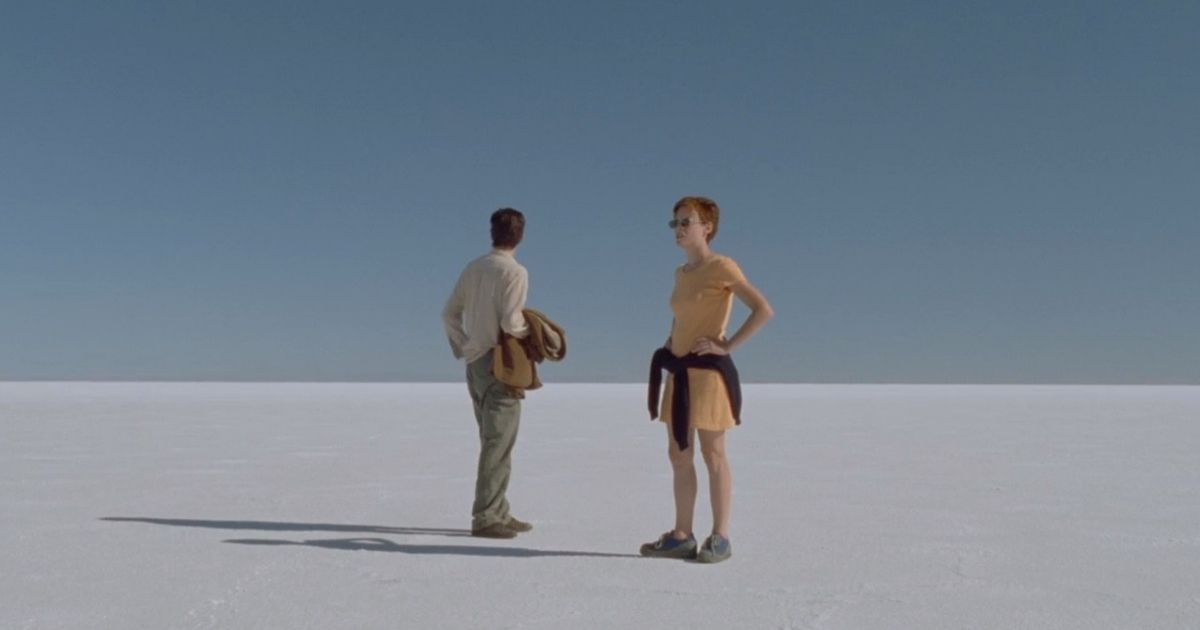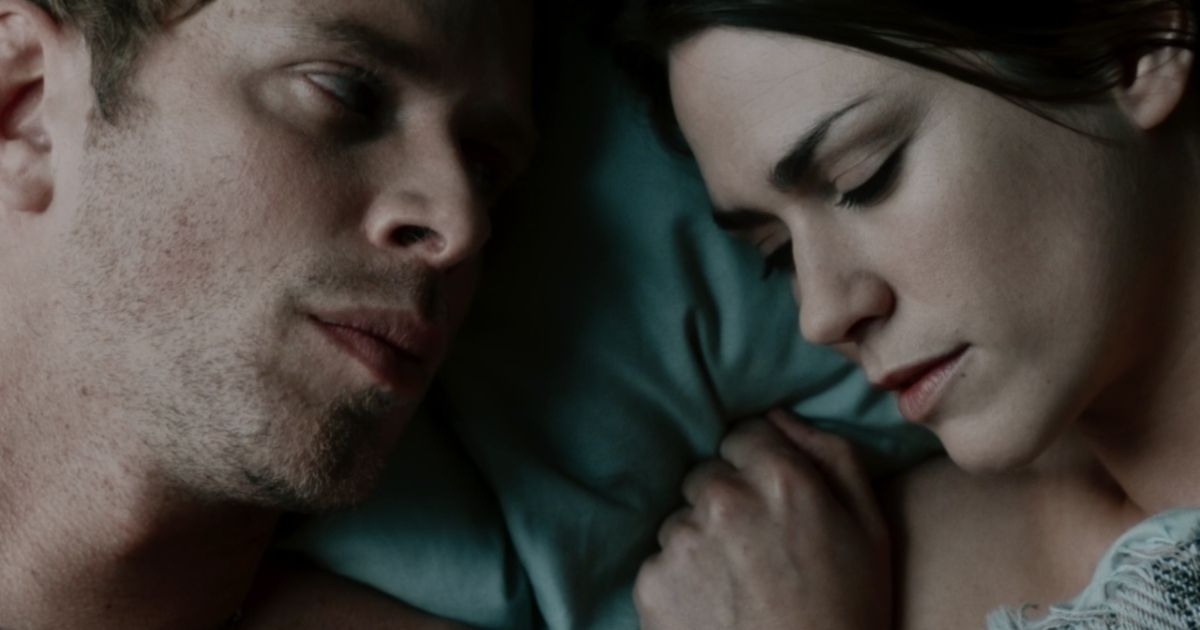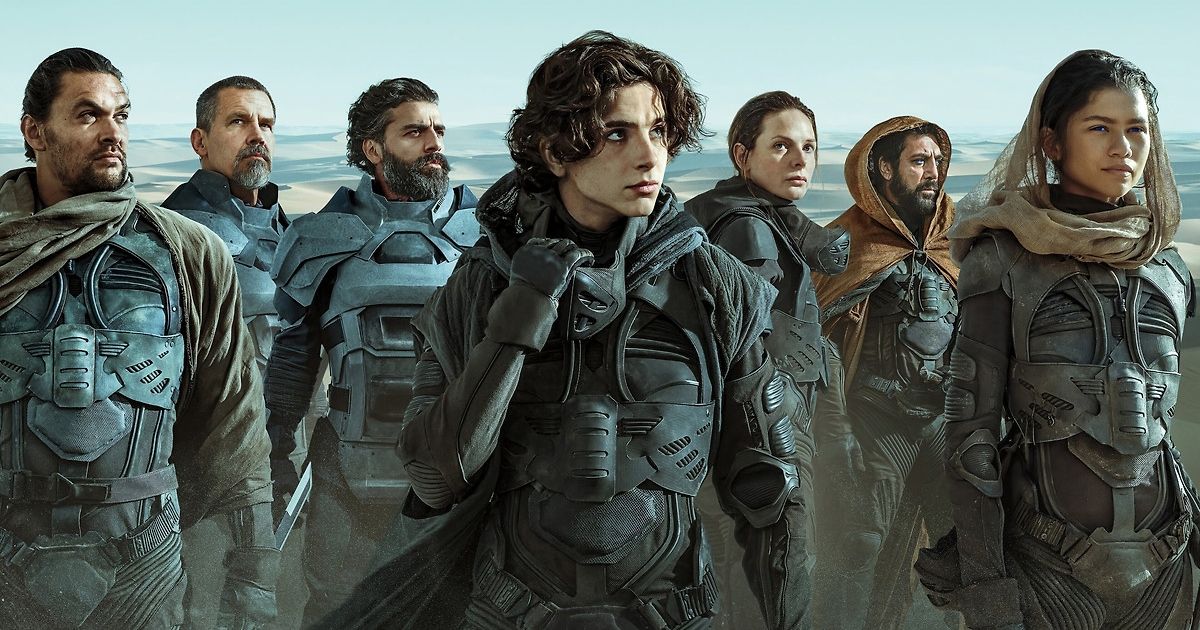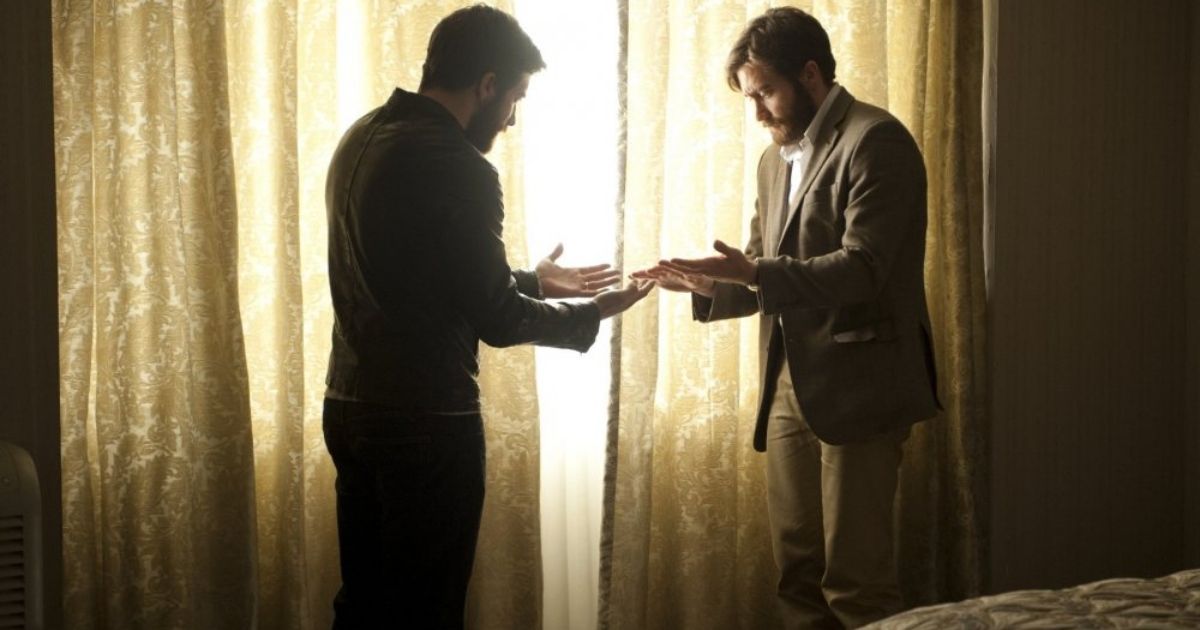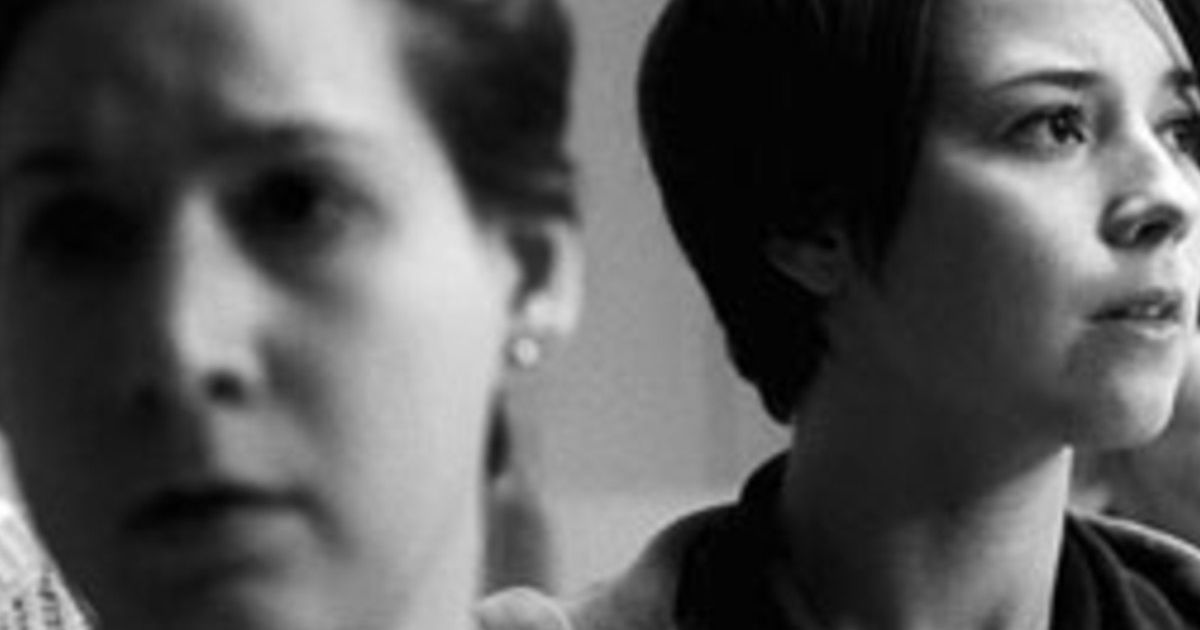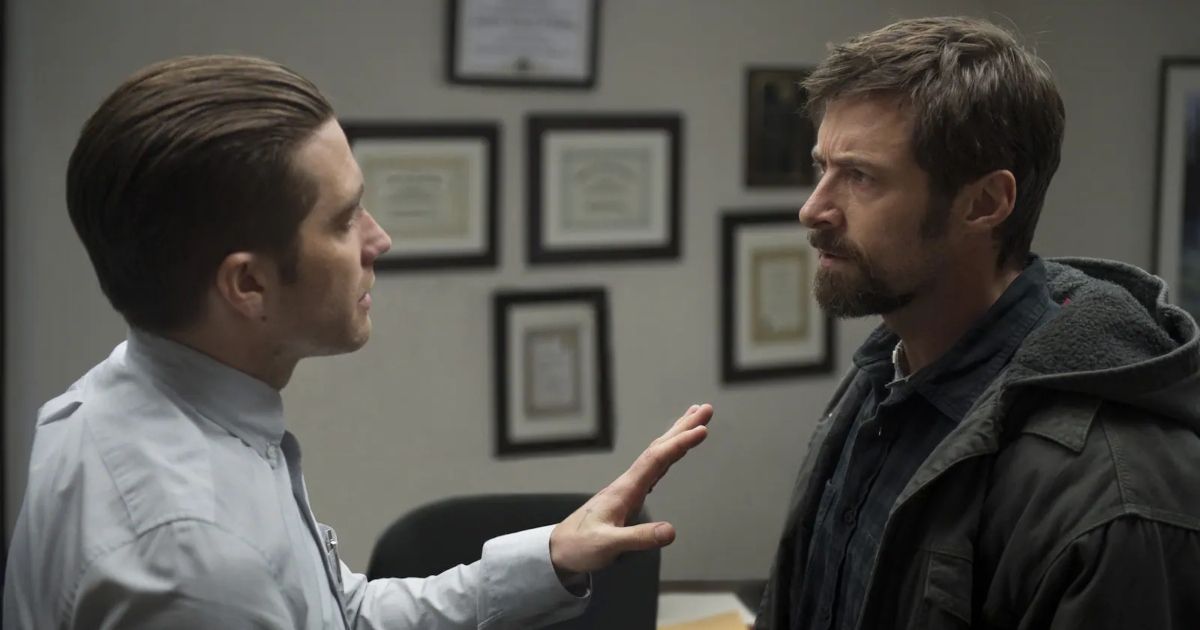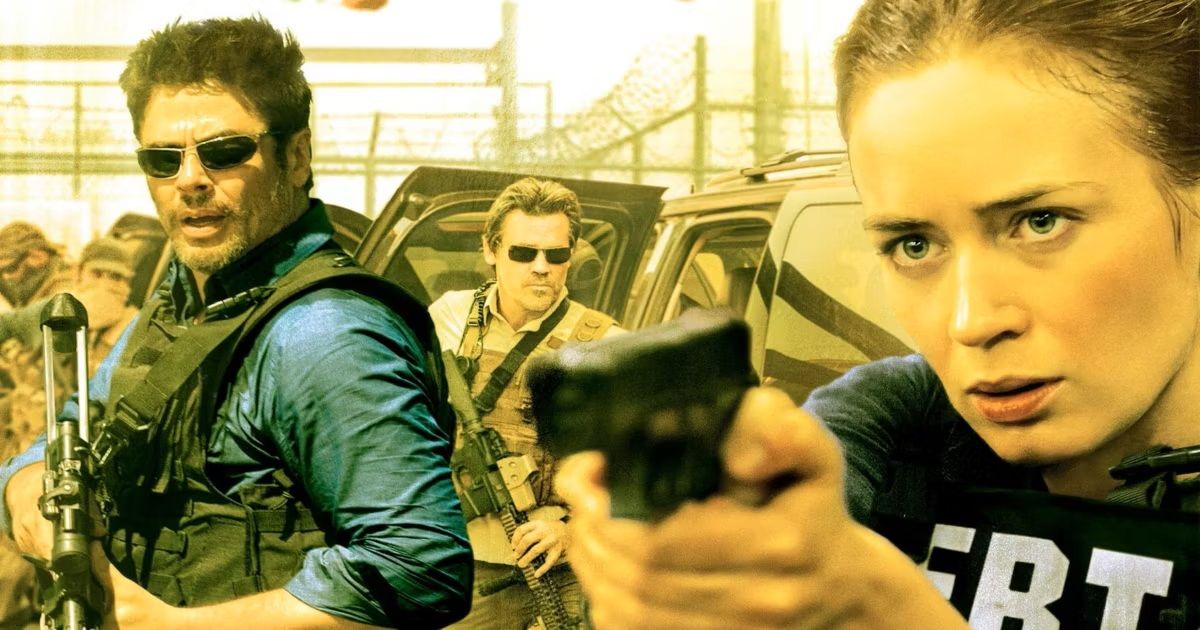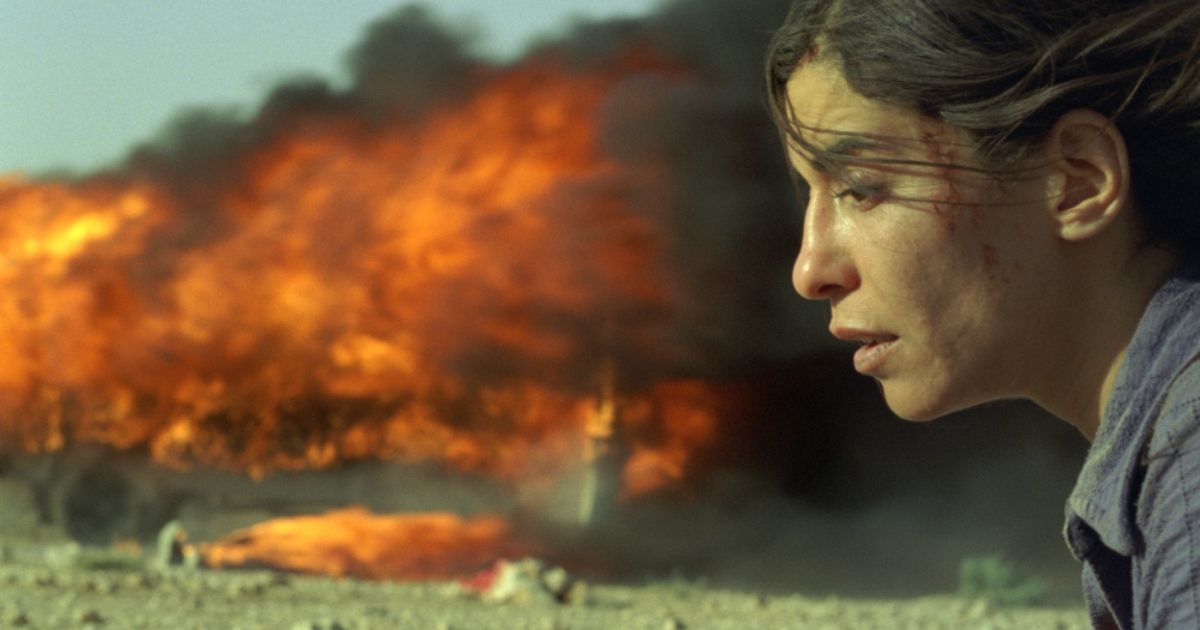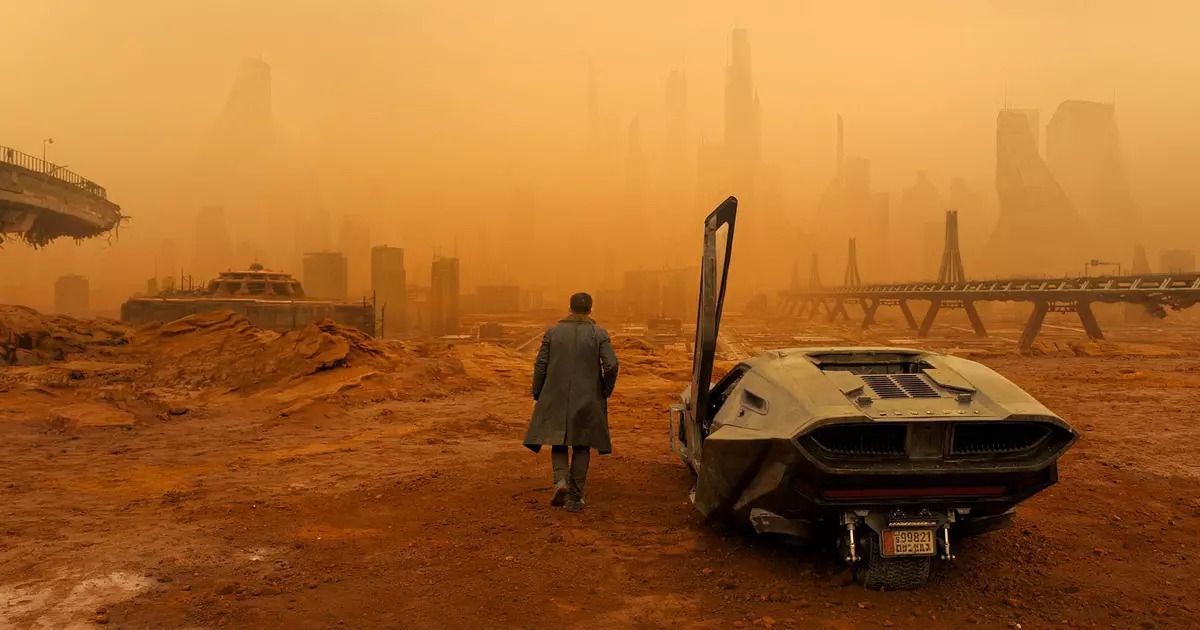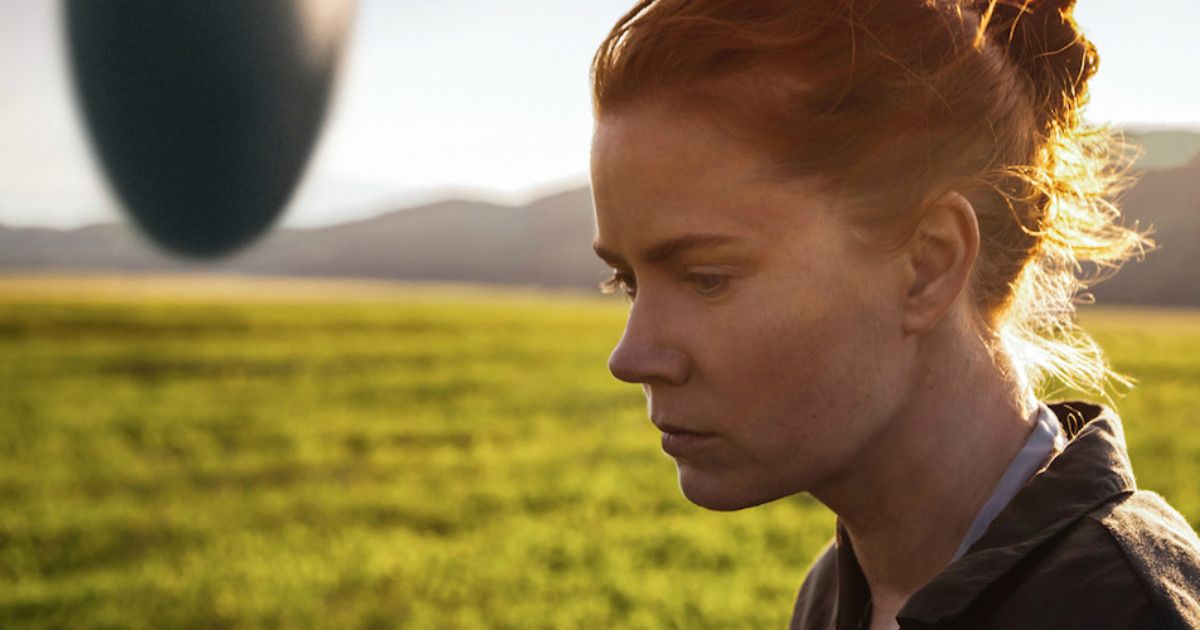Denis Villeneuve has one of the sharpest eyes in cinema, with a talent for creating atmosphere and profound meaning with a single shot. The visual language of his films is instantly recognizable: moody and stark with the occasional burst of color. But Villeneuve's singular vision doesn't stop here. He's the king of mind-bending twists and third act reveals, able to build a film seamlessly around a single moment you won't even know you're waiting for. This quality makes his films incredibly rich and rewarding on the re-watch.
Though he's best known for his recent success directing sweeping sci-fi epics like Dune, Villeneuve never loses sight of the human element at the core of each story. In fact, portraying complex human emotions is one of his greatest strengths. The Canadian began his career directing art house dramas in his native French, playing with the surreal, and pushing narrative boundaries.
Most of the Oscar-nominated director's films veer into dark thematic territory and toy with moral ambiguity. As Emily Blunt told the The New York Times: “His delightful demeanor is the facade for obviously a sick obsession with the dark side.” Villeneuve is never afraid to surprise viewers by interrogating the binary ethical codes we often apply to cinematic plots and characters. With a lot more Dune on the way and an adaptation of an Arthur C. Clarke novel coming after that, he's only speeding up.
12 120 Seconds to Get Elected
The title says it all in Villeneuve's experimental short film from 2008. 120 Seconds to Get Elected is essentially an absurdist campaign speech, as an impassioned politician adjusts his policy positions in response to the crowd's boos and cheers. It's the distillation of everything wrong about political theater — a boisterous artifice hiding a dark void; a sick populism that caves into any illogical demand from the outside; a series of lies meant to get you elected. There are some clever moments of truth which slip out, like when the politician asks, "Without the poor, who will be rich?" You can watch the whole short film above.
11 Next Floor
Next Floor is another Villeneuve short, but it's an incredibly polished, aesthetically and intellectually rich one. It's a wordless 10 minutes, but says so much without literally saying anything. The narrative is extremely simple and comic — a group of wealthy, fancy people sit around a table and feast upon a variety of increasingly disgusting foods (brains, possums, and God knows what else). In their manic eating, they and their table fall through the floor and land in the next floor down. Their servers, musicians, and butlers race down the stairs and attend to them below, despite the wealthy eaters being covered with dust and detritus.
This happens several times throughout Next Floor, bringing to mind an old Russian idiom, that just when you thought you'd hit rock bottom, you fell through the ceiling. The diners do this many times here, and their table seems to become stable when they stop eating with such aggressive gluttony, but of course fall through the floor once they resume. A funny, albeit sickening, allegory for economic greed and the immoral disregard for everyone outside your own sphere of influence, Next Floor is beautifully filmed, with excellent special effects and disturbingly realistic foley work. You can watch the short above.
10 August 32nd on Earth (Un 32 août sur terre)
Denis Villeneuve's 1998 debut feature length film proved his abilities as a visual storyteller. August 32nd on Earth is loose in the way of plot: protagonist Simone nearly dies in a car crash and has an epiphany that she needs to ditch her modeling career and have a baby to give her life meaning. The kicker? She wants to have the baby with her best friend Philippe (who has a girlfriend)...and it has to be in the desert.
The two embark on a cross-continental road trip from Montreal to Salt Lake City to make this happen. Does the whole thing feel like an excuse to film as many stunning desert scenes as possible? A little, but it's hard to complain August 32nd on Earth looks this good, making up for its lack of narrative with aesthetic excellence. Flaws aside, it was a powerful introduction to one of the most exciting directors of the 21st century.
9 Maelström
Villeneuve’s second feature-length film is quirkier than his other work in tone, but no less compelling. Maelström toes the line between comedy and drama, following a young woman as she spirals out of control after an abortion…all narrated by a talking fish about to be decapitated. The fish isn't just a random choice. While driving drunk, protagonist Bibi accidentally strikes and kills a pedestrian whom she later learns was a fishmonger. Bibi and the fishmonger's son fall in love, only for him to later realize she has killed his father.
As the characters' lives swirl together in a complex maelstrom of coincidence, love, and tragedy, Villeneuve crafts a potent thematic through line. The ocean becomes a recurring symbol in the film for life's natural chaos that cannot be controlled by the invented comforts of wealth and corporate success. Though the characters were somewhat one-dimensional, critics still praised the film for its creative mixture of styles.
8 Dune
Many worried that another adaptation of Frank Herbert's sci-fi magnum opus would fall flat. Enter Villeneuve's Dune, one of the highest grossing and best-received movies of last year. Star-powered and packed to the brim with jaw-dropping set pieces and visual effects, the film transported audiences to Arakkis and got them excited about the big screen again.
Villeneuve was a childhood fan of Herbert's series and was more than excited and flabbergasted to take it on. "It’s one of the most beautiful, worst ideas,” he told IndieWire. "I’m just happy that I’m still allowed to make movies.” Compared to his other films, Villeneuve's latest is relatively thin on thematic meaning, and Dune has been criticized for essentially being one long bit of exposition in preparation for the next film. This can be somewhat forgiven, as it's targeted to a broader audience and concerns itself with a faithful interpretation of the source material. Besides, audiences (and Christopher Nolan) have a little something to say to any detractors.
7 Enemy
If there was any doubt left, Villeneuve made it abundantly clear that he knew how to weave a narrative web with Enemy. Loosely adapted from José Saramago's novel The Double, the story follows Adam (Jake Gyllenhaal), a jaded college professor who discovers his doppelgänger, an actor named Anthony. Things get messy when Adam reaches out to his edgier, more successful lookalike, only to be blackmailed and dragged into his marriage.
Thanks to Villeneuve's direction, this menacing psychological thriller has the look and feel of a nightmarish mental breakdown, and aims to take the viewer down with it. Its terrifying, shocking final scene left viewers with many interpretations, with some suggesting the film is an allegory for living under fascist dictatorship.
6 Polytechnique
Villeneuve toyed with dark themes and material in his first two features, but he dove head first into it with Polytechnique, an account of the real-life fatal shooting at a Montreal engineering school in 1989. Shot in black and white, the gripping film toys with perspective, telling the story of the fateful day from three points of view, starting with the misogynistic shooter himself.
A lesser filmmaker might slip into melodrama when cataloging the litany of mundane sexism and horrific violence the women of Polytechnique experienced, but Villeneuve takes a leveled approach to the harrowing tragedy that sparked a media frenzy. It has garnered acclaim from international audiences since its 2009 release, and is now regarded as one of the director's defining films. It is frequently revisited, as its subject of school shooting has sadly become more relevant.
5 Prisoners
How far would you go to protect your family? This star-studded crime drama was Villeneuve's American debut and follows a group of parents taking the investigation of their daughters' disappearances into their own hands. Villeneuve places the psychological torment of the parents front and center, as they debate how best to handle their increasingly urgent circumstances. The resulting product is simultaneously restrained and chill-inducing.
Every detail of the rain-soaked suburban setting is equal parts creepy and heartbreaking, as the characters try to solve the film's disturbing mystery. Prisoners' unsettling atmosphere stays with the viewer long after it ends. Out of Villeneuve's filmography, it is his most direct exploration of the questions around morality that he frequently returns to, and is an extended meditation on the ethical dilemma of why 'good' people do 'bad' things.
4 Sicario
Some expected Sicario to be another by-the-numbers story of the war on drugs. Thanks to having Denis Villeneuve in the director's chair, this was far from the case. The film follows naïve FBI agent Kate Macer (Emily Blunt) who's thrown into the grim reality of cartel violence on an extraction mission and is forced to contend with the slippery limits of right and wrong.
Though the film explored fascinating themes of morality and boasts incredible performances from Blunt, Benicio Del Toro and Josh Brolin, the inventive visuals, music, and cinematography are its central strength. Many inventive shots remain burned in the audience's memory. One unforgettable raid scene is shot entirely in the grayscale and grainy green of night vision goggles and cameras. With Villeneuve absent from the weaker sequel, it seems he was the primary reason for the original's success. Whether he'll direct the third Sicario film remains up in the air.
3 Incendies
Incendies was Villeneuve's international breakout film and earned him his first Oscar nomination (of many), this time for Best International Feature Film. It's his most overtly political movie, adapted from a play by Wajdi Mouawad, though the Middle Eastern country at its center is never named. Villeneuve astutely depicts the nuance of the brutal violence and hatred at the heart of this country's civil war, though he told The Washington Post, "It was really what the play was saying about family that attracted me so much.’’
It follows two stories simultaneously: the life of a woman caught in the crossfire of a civil war before she flees to Canada, and her children's return to her birth country to fulfill her dying wish. They must deliver two letters, one to their unknown father, the other to their unknown brother. As they uncover their mother's past, a complex story of war emerges; one that has little to do with right and wrong and everything to do with survival. In typical Villeneuve fashion, the ending's reveal brings home the themes without getting heavy-handed.
2 Blade Runner 2049
Calling Villeneuve's Blade Runner 2049 a sequel would be underselling it. It builds on Ridley Scott's groundbreaking sci-fi noir classic in countless ways, both thematic and plot-wise, but can also stand on its own as a masterpiece of modern cinema; some even hailed it as better than the original. Unfortunately, due to its lengthy runtime and dark subject, it never hit its groove at the box office to become more than just a quiet, average success.
The story follows Officer K (Ryan Gosling), an officer tasked with tracking down rogue replicants (enslaved humanoid robots) who begins to question his past and his own humanity. Villeneuve is at his best here, collaborating again with legendary cinematographer Roger Deakins, who earned another Oscar for his work in the film. The film also won for Best Visual Effects, and it's easy to see why. Time will tell if Villeneuve will show us more of the Blade Runner universe.
1 Arrival
With sci-fi elements, a thesis about human strife, a third-act reveal, and a family drama at its core, Arrival is a buffet of Denis Villeneuve's strengths. Based on a devastating short story by Ted Chiang, Villeneuve mixes together just the right cinematic ingredients to make audiences gasp, scratch their heads, and cry when they realize how it all fits together in the excellent Arrival.
We follow Dr. Louise Banks (Amy Adams), a linguist tapped by the federal government to translate an alien language after mysterious ships land on earth. As the world edges toward war, Banks' mission becomes increasingly urgent. As Louise learns the language, it begins to influence the film's grammar. Future and present collide into one; love and loss form an unbroken circle.
The Chinese general's line in the closing minutes sums up a sentiment never far from Villeneuve's work: "In war, there are no winners, only widows." To say more would ruin Arrival's devastating, beautiful conclusion. Villeneuve's skills as a great director are manifested perfectly in this film.

